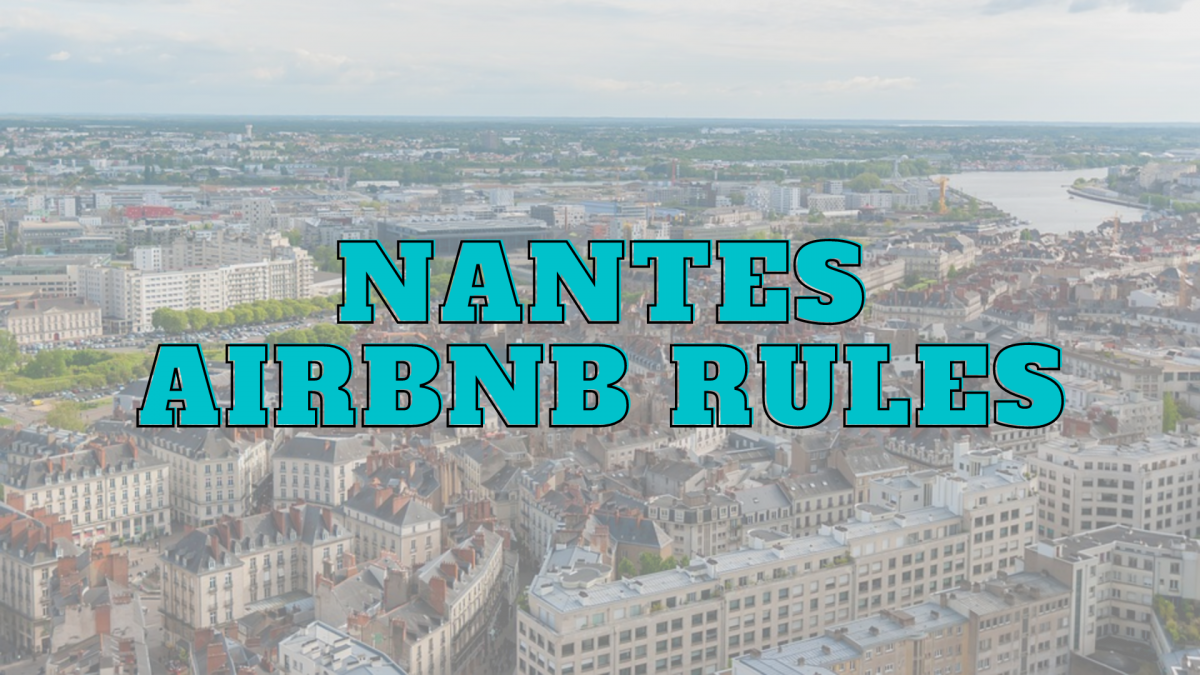Table of Contents Add a header to begin generating the table of contents Is Airbnb legal in Nantes? Don’t worry, Airbnb is legal in this French city! Nantes is a city full of interesting landmarks like the castle and the cathedral, with plenty of trendy venues and technological fantasy to enjoy too. Besides its manmade […]
Categories
Nantes Airbnb Rules




